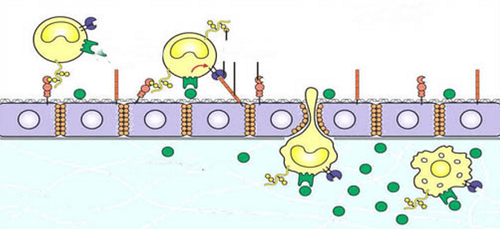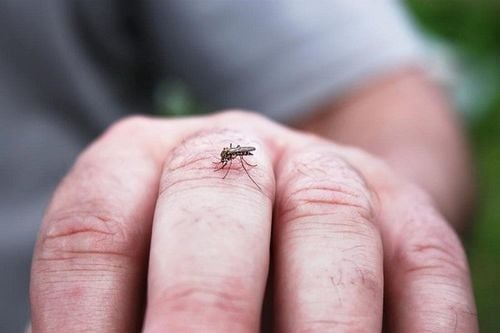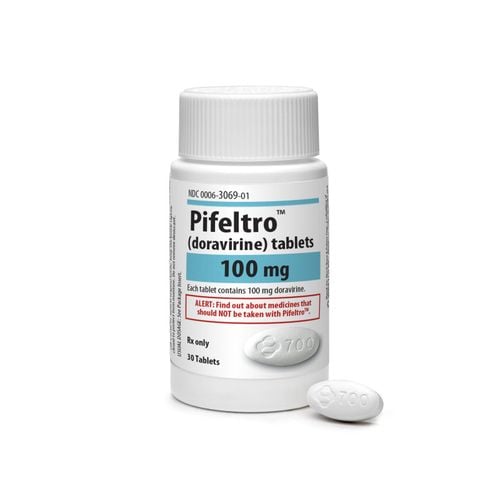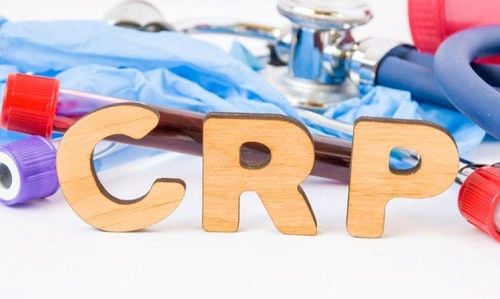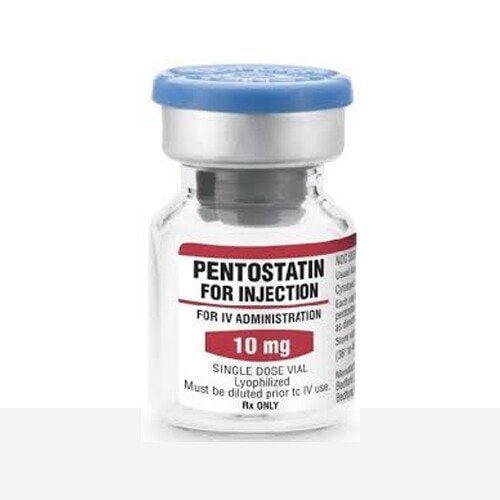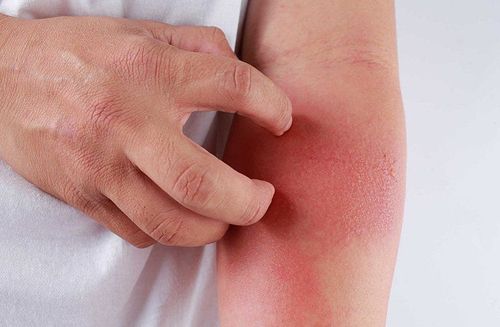This is an automatically translated article.
Dengue fever is spread when mosquitoes bite an infected person and then continue to bite a healthy person. Dengue fever sometimes confuses the patient with just a common fever. So how to recognize dengue fever through the test index? The following article will guide how to read dengue blood test index for patients.
1. Dengue fever overview
Dengue fever is a disease that spreads between people through blood. But the mode of infection requires an intermediate object carrying the disease-causing dengue virus into the bloodstream, which is the mosquito. After suffering from dengue fever, it is difficult for patients to detect because symptoms are unclear or mistaken for some other diseases such as typhus, measles, Rubella ..
When the fever is high, the patient has dengue fever. red nodules can appear on the body and increase rapidly in a large area. If not detected and treated promptly, it will lead to thrombocytopenia. So you need to do a dengue test when you have some of the following symptoms:
High fever from 39 degrees; Fever is prolonged and does not subside; Soreness or discomfort in the eye sockets, around the forehead; Appearance of widespread red spots on the skin; Patient has nausea or vomiting; Epistaxis ; Bleeding tooth ; Bleeding under the skin; Vomiting blood; Bloody stools; Tired body; There are bruises on the skin. If detected and treated early, patients will avoid cerebral hemorrhage, pleural effusion, hypotension or infection caused by dengue virus. The best way to detect disease is to check the index after a blood test.
2. How to read dengue blood test readings
2.1. Serum Index Tests Serum indices to note are NS1, IgM and IgG. Here are 3 indicators that can help you assess your health status. The time to check the indicators also needs to adhere to the time to achieve the most accurate results and help support early disease detection.
NS1 is a diagnostic marker for dengue fever by detecting the presence of dengue virus in the first 5 days of illness. From day 4 of illness, Dengue antibodies can be positive if IgM is checked. And IgG is the assessment at the recovery stage of the patient. If antibodies are identified at the acute time, there will be a multiplicative reaction. Before recovery, the measured number of antibodies usually multiply to 4 times the baseline. After multiplying to the maximum will go to the recovery phase. To reach this stage, it will take 14 days after the onset of the primary fever.
2.2. Hematological index test Hematology test is more widely used in the diagnosis of dengue fever. According to the total blood cell formula, which the researchers analyzed, the blood cell index changed in each disease process. With patients recovering or starting the blood cell index, there are different changes.
Almost when a patient is diagnosed with dengue fever, the platelet count is drastically reduced. Besides, the hematocrit index increased very high. This test is often ordered to be done regularly when detecting the disease to monitor changes and assess the stage of dengue infection.
2.3. Additional tests Electrolyte tests Dengue patients may have a weakened immune system. In some cases, digestive disorders lead to electrolyte loss. When conducting an electrolyte chart test, the physician assesses and eliminates the risk of electrolyte disturbances for the patient.
CRP test CRP is a test to assess the level of inflammation for a patient. Severe cases of inflammation caused by Dengue virus will be detected and treated early. In addition, it is possible to assess the extent of inflammation and whether it is caused by a superinfection.
Test for plasma leakage Patient plasma leakage from the blood can affect blood clotting. When testing ALbumin will evaluate the ability to synthesize protein and prevent blood thinning.
Check the motor function of the liver and kidneys Dengue fever has a great effect on the whole body. In particular, the liver and kidneys are organs that need careful care. If the patient has impaired liver and kidney function, health will be affected, and the treatment process because dengue medicine may inadvertently continue to cause further damage to these organs.
3. Meaning of Dengue Blood Index Tests
The blood test results can diagnose the risk of dengue fever as well as assess the stage of the disease for appropriate treatment. For patients with signs of thrombocytopenia, inflammation and fluctuations in other blood count indicators, the doctor will conduct further tests and tests with some necessary analysis.
However, the test may appear false positive, some patients have false results due to unintended interactions. Therefore, perform regular health check-ups to prevent the risk of dengue fever.
Please dial HOTLINE for more information or register for an appointment HERE. Download MyVinmec app to make appointments faster and to manage your bookings easily.




